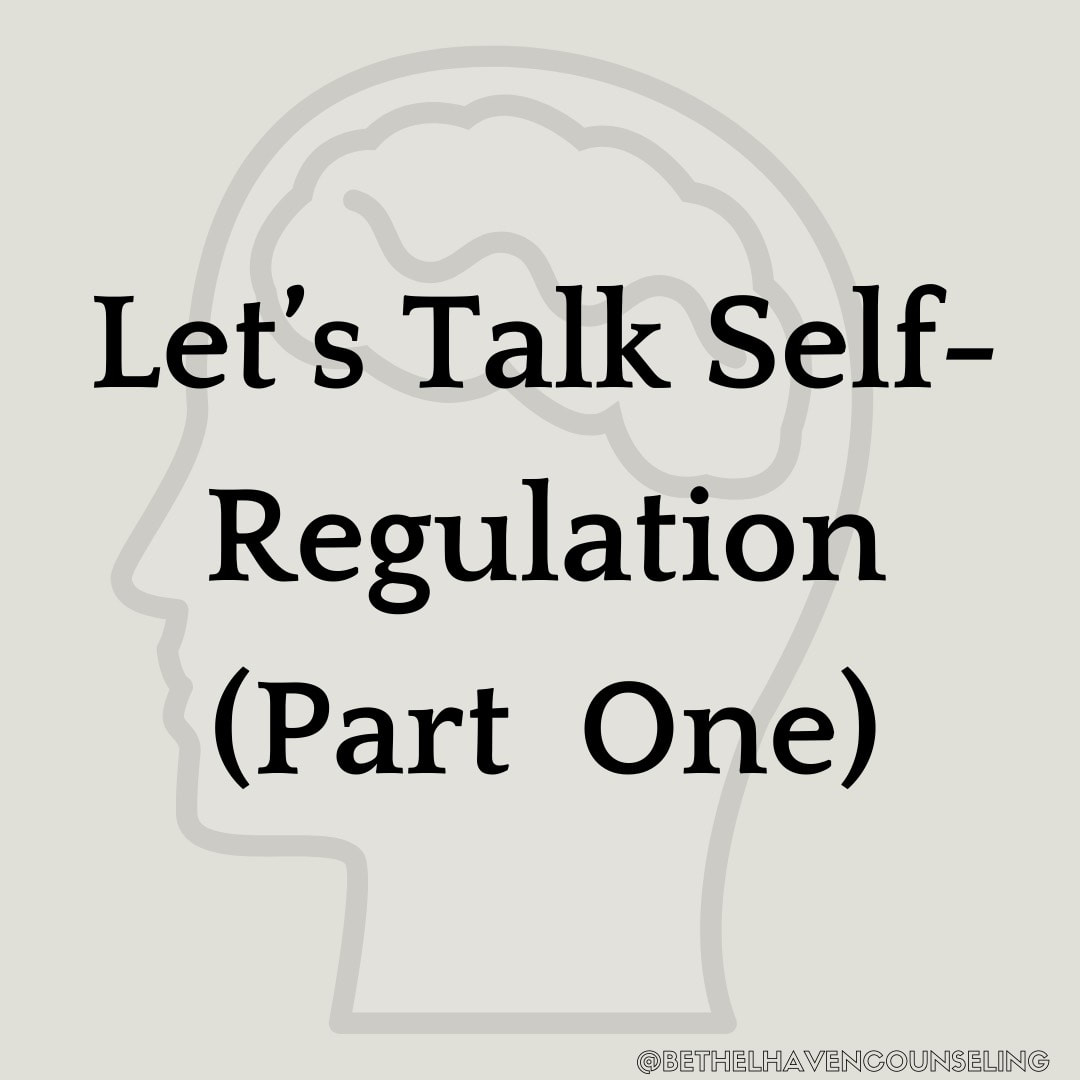|
It’s well known that emotional intelligence is key to thriving in today’s society, with self-regulation being one of its vital components. The ability to regulate ourselves amidst chaotic or difficult circumstances is an invaluable skill that can help us thrive no matter what we face. When we talk about self-regulation, it’s important to define what it means to be dysregulated. When we are dysregulated, our emotions (often emotions such as anger, fear, sadness) are out of control and we feel unable to calm down - or regulate - ourselves back to a calm state.
When you’re dysregulated, your sympathetic nervous system (what you may recall as “fight, flight, or freeze”) is in charge. When your body is in this response mode, the part of your brain that helps you reason, focus, and interact well with others has diminished functioning. You also find yourself more irritable, reactive, and overwhelmed rather than calm and centered. Now, your sympathetic nervous system is important and vital to survival, but it’s not meant to be in charge all the time. Your parasympathetic nervous system (known as “rest and digest”) is built to be in control. When it’s activated, your body is calm and you are able to reason and think clearly. If you’re tracking so far, you’ve probably concluded that self-regulation is how we return to parasympathetic-dominance from sympathetic-dominance. In other words, self-regulation is the process in which we return to a calm state when we are feeling out of control. So, how does this happen? Over the years, researchers have proposed and developed methods of what they call “bottom-up” regulation. I won’t get too scientific, but essentially bottom-up regulation is being aware of your body and its sensations (whether that’s tightness, pain, tension, heart rate, the breath) and using that awareness to return to a state of calm. Returning to calm, to parasympathetic-dominance, allows us to be more intentional, less reactive, and better connected. It gives us space in between what happens to us and how we react - space to think and choose rather than act on impulse. Next week on the blog, we’ll discuss specific strategies for bottom-up self regulation that you can put into practice right away, so stay tuned!
0 Comments
Leave a Reply. |
Bethel HavenWritten by our counselors to help promote your help, hope, healing Archives
June 2021
Categories |

1622 Mars Hill Road Suite A Watkinsville, GA 30677
P: 706-310-9046
[email protected]
Bethel Haven, Inc.
Copyright © 2016

 RSS Feed
RSS Feed
